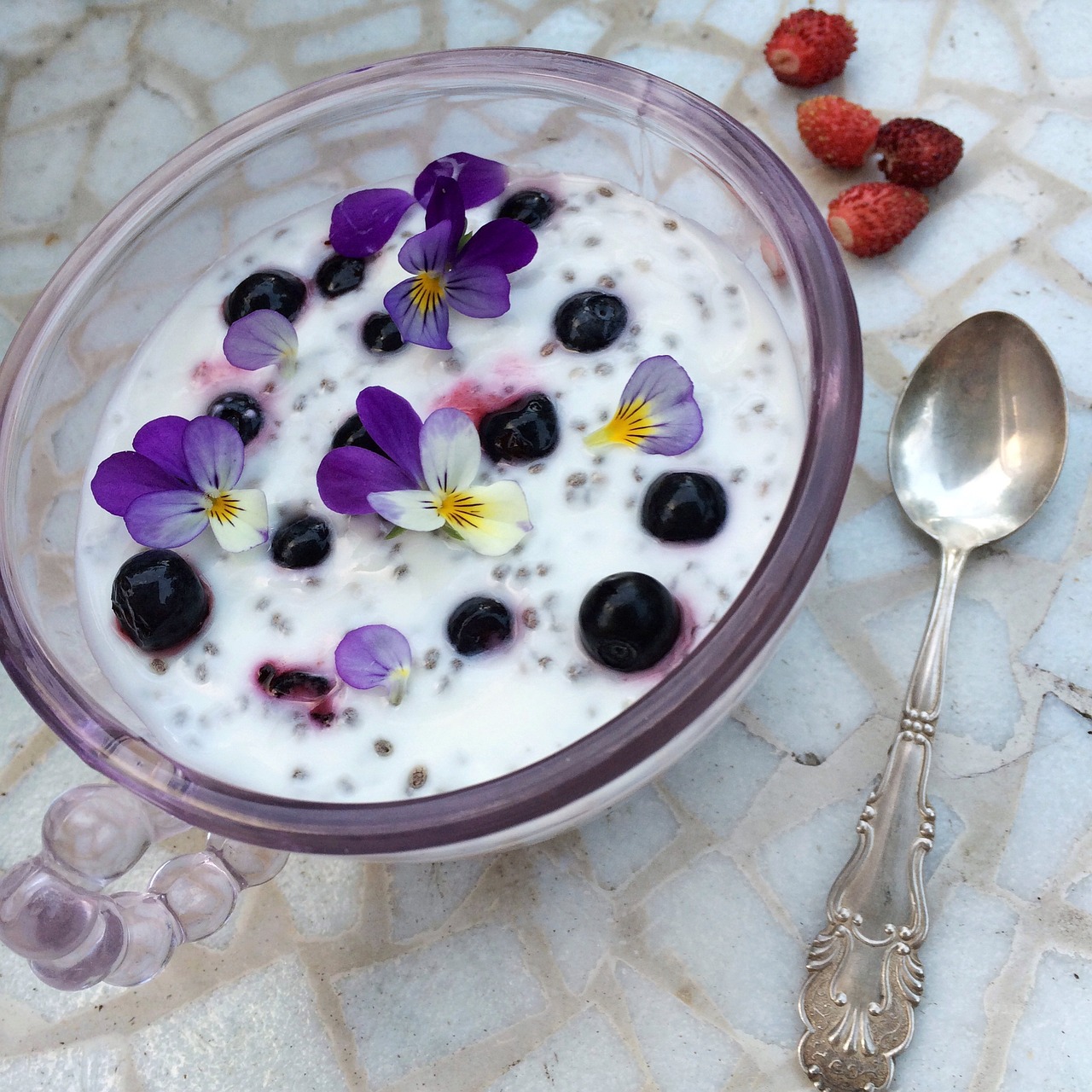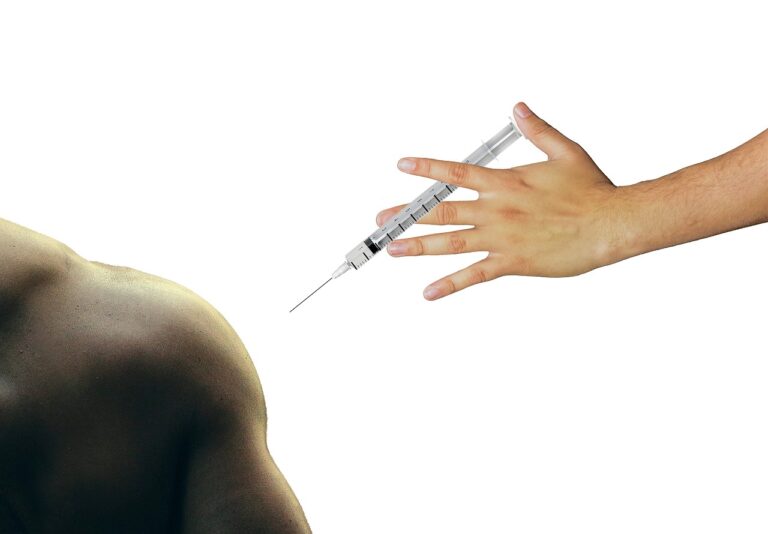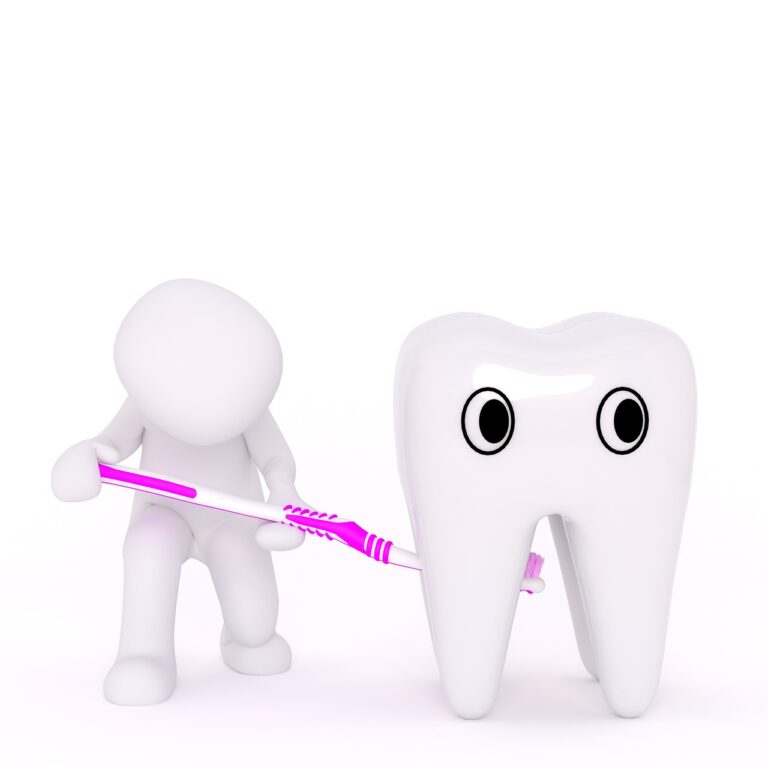The Influence of Social Media on Eating Disorders
Eating disorders manifest in various ways, often with physical, behavioral, and emotional signs. Individuals with an eating disorder may exhibit significant weight loss or gain, noticeable fluctuations in eating patterns, and obsession with calorie counting or restrictive eating habits. They may also engage in secretive behavior around food, hide food wrappers, or avoid eating in public to conceal their disordered eating habits. Additionally, frequent trips to the bathroom after meals could indicate purging behaviors such as self-induced vomiting or misuse of laxatives.
In terms of behavioral symptoms, individuals with eating disorders may experience mood swings, irritability, and social withdrawal. They may also show excessive focus on body image, constantly expressing dissatisfaction with their appearance, and often seeking reassurance about their weight or shape. Moreover, secretive food rituals, such as cutting food into tiny pieces or rearranging it on the plate without consuming it, can be indicative of an eating disorder.
Impact of Social Media on Body Image
Social media plays a significant role in shaping societal standards of beauty and influencing individuals’ body image perceptions. Through the constant influx of curated images and videos promoting unrealistic beauty ideals, many users are prone to feeling inadequate and dissatisfied with their own bodies. The pressure to conform to these idealized standards often leads to negative self-perception and can contribute to the development of body image issues, including eating disorders.
Furthermore, the prevalence of filters and editing tools on social media platforms perpetuates a culture of perfectionism, where individuals feel compelled to present only their most flawless selves online. This constant exposure to digitally altered images can distort one’s perception of reality and create an unattainable standard of beauty. As a result, many individuals may compare themselves unfavorably to the edited and filtered images they see online, leading to feelings of inadequacy and low self-esteem.
Comparison Culture on Social Media
Comparison culture on social media fosters a constant need to compare oneself to others, often leading to feelings of inadequacy and low self-esteem. Many individuals find themselves caught in a cycle of endless comparison, constantly measuring their worth based on the carefully curated images and lifestyles of others displayed on social media platforms. This pervasive culture can have detrimental effects on mental health, as individuals may feel pressure to live up to unrealistic standards and portray a flawless image online.
Moreover, comparison culture on social media can perpetuate a sense of competition among users, promoting a never-ending quest for validation and approval from others. The need for likes, followers, and comments can become all-consuming, fueling a relentless pursuit of external validation. This can lead to feelings of anxiety, stress, and self-doubt as individuals seek to gain recognition and approval through comparison with others in the digital realm.
• Comparison culture on social media fosters a constant need to compare oneself to others, often leading to feelings of inadequacy and low self-esteem.
• Many individuals find themselves caught in a cycle of endless comparison, constantly measuring their worth based on the carefully curated images and lifestyles of others displayed on social media platforms.
• This pervasive culture can have detrimental effects on mental health, as individuals may feel pressure to live up to unrealistic standards and portray a flawless image online.
• Moreover, comparison culture on social media can perpetuate a sense of competition among users, promoting a never-ending quest for validation and approval from others.
• The need for likes, followers, and comments can become all-consuming, fueling a relentless pursuit of external validation.
• This can lead to feelings of anxiety, stress, and self-doubt as individuals seek to gain recognition and approval through comparison with others in the digital realm.
What are some signs and symptoms of eating disorders?
Signs and symptoms of eating disorders can include obsessive thoughts about food, weight, and body image, drastic changes in weight, frequent dieting or fasting, and a preoccupation with body shape and size.
How does social media impact body image?
Social media can impact body image by promoting unrealistic beauty standards, leading to comparison and dissatisfaction with one’s own body. It can also contribute to feelings of inadequacy and low self-esteem.
What is comparison culture on social media?
Comparison culture on social media refers to the tendency for individuals to compare themselves to others based on their appearance, lifestyle, and achievements. This can lead to feelings of envy, insecurity, and inadequacy.
How can one protect themselves from the negative effects of comparison culture on social media?
To protect themselves from the negative effects of comparison culture on social media, individuals can limit their time on social media, unfollow accounts that make them feel insecure, and focus on self-acceptance and self-care. Seeking support from friends, family, or a therapist can also be beneficial.







